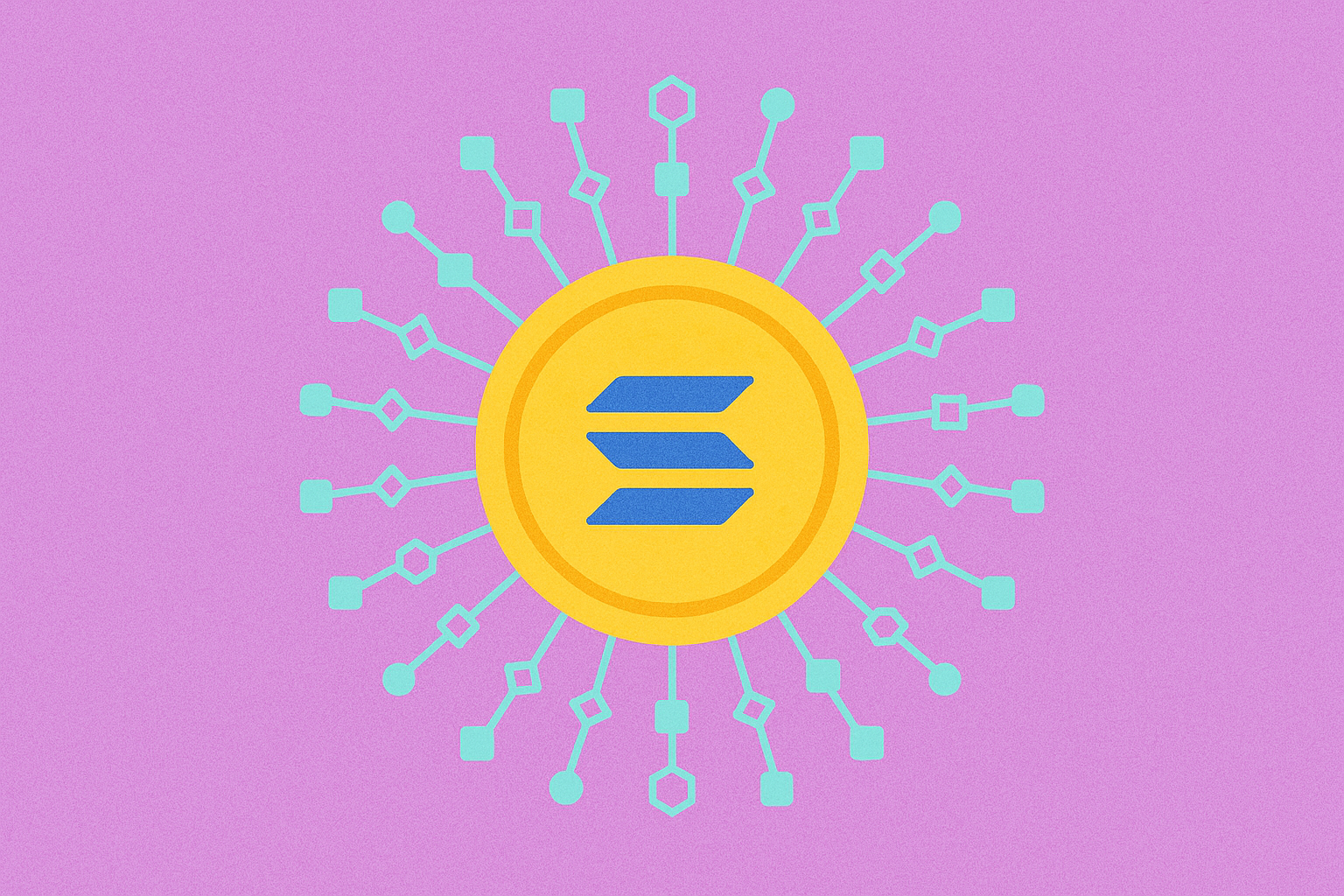2025 yılında Bitcoin'in fiyat eğilimleri, zincir üzeri veri analiziyle nasıl öngörülebilir?

Aktif adresler 1,5 milyon seviyesine çıkarak Bitcoin ağında güçlü büyümeye işaret ediyor
2025 yılında Bitcoin ağının sağlığı rekor seviyelere ulaştı; günlük aktif adres sayısı 1,5 milyona yükseldi. Bu dikkat çekici artış, kullanıcıların ağ ile etkileşiminin arttığını ve ağın sağlamlığının güçlendiğini açıkça gösteriyor. Aynı zamanda, artan sayıda yüksek değerli cüzdan ile kurumsal katılımda da kayda değer bir yükseliş yaşanıyor.
Kurumsal benimseme ile ağ aktivitesi arasındaki doğrudan ilişki, son verilerde net şekilde görülüyor:
| Metrik | 2025 3. Çeyrek Değeri | Büyüme |
|---|---|---|
| BTC Tutan Halka Açık Şirketler | 172 | %38 artış |
| Kurumsal Hazine BTC | 1 milyon (arzın %4,9'u) | Önemli |
| Fon & ETF Varlıkları | 1,63 milyon BTC (arzın %7,8'i) | İstikrarlı artış |
| İşletme Varlıkları | Arzın %6,2'si | Genişliyor |
Aylık aktif zincir üstü adresler tahmini olarak 30 milyon seviyesine ulaşarak önceki döngü zirvelerinin çok üzerinde bir noktaya geldi. Bu yükseliş, Bitcoin’in hakimiyetinin azalmaya başlaması ve sermayenin diğer varlıklara kaymasıyla kripto ekosisteminin olgunlaştığını gösteriyor.
2025 yılı itibarıyla küresel kripto para kullanıcı sayısı 716 milyona ulaştı ve yıllık %16 artış kaydedildi. Bitcoin, aktif ağ katılımcıları arasında en büyük payı koruyor. Ekim 2025’te fiyatların $126.198 seviyesine ulaşıp şu anda $109.757 seviyesine gerilemesine rağmen, Bitcoin yeni kripto kullanıcılarının en çok tercih ettiği varlık olma rolünü sürdürüyor.
Hash rate 1.000 EH/s seviyesine ulaşarak Bitcoin’in ağ güvenliğini güçlendiriyor
Bitcoin ağında hash rate’in 1.000 EH/s (Exahash/saniye) sınırını aşması, güvenlik açısından yeni bir dönemi başlattı ve kripto para tarihinde önemli bir kilometre taşı oldu. Bu olağanüstü hesaplama gücü artışı, Bitcoin’in %51 saldırılarına karşı direncini doğrudan artırarak ağı neredeyse aşılmaz bir konuma taşıyor.
Hash rate ile ağ güvenliği arasındaki bağlantı, piyasa tepkilerinde net biçimde ortaya çıkıyor. Hash rate yükseldiğinde, piyasa güveni de artıyor; son dönemdeki hash rate artışı ile Bitcoin fiyatının paralel hareketleri bu ilişkiyi doğruluyor.
| Metrik | 1.000 EH/s Öncesi | 1.000 EH/s Sonrası |
|---|---|---|
| Ağ Güvenliği | Yüksek | Ultra yüksek |
| %51 Saldırı Zorluğu | Zor | Neredeyse İmkânsız |
| Madenci Katılımı | Güçlü | Eşi görülmemiş |
| Piyasa Güveni | Pozitif | Çok daha yüksek |
1.000 EH/s seviyesine çıkılması, teknik bir başarıdan fazlasını ifade ediyor; madencilerin Bitcoin’in uzun vadeli geleceğine duyduğu yüksek güveni gösteriyor. Dalgalı piyasa koşullarına rağmen yapılan büyük ölçekli donanım yatırımları da bu güvenin bir yansıması. Bitcoin’in fiyatı şu anda $109.757 iken, artan hash rate sayesinde ağın güvenliği daha da güçleniyor ve bu durum yatırımcı güvenini artırarak kurumsal portföylerde Bitcoin’in güvenli değer saklama aracı olarak benimsenmesini hızlandırıyor. Ağ kapasitesi zetahash aralığına (1,2 ZH/s) ulaşarak kripto teknolojisinde yeni güvenlik standartları oluşturdu.
NVT oranı analizi, piyasa aşırı değerlemesini işaret ediyor
2025 yılında Bitcoin’in Ağ Değeri / İşlem Hacmi (NVT) oranı kritik seviyelere ulaşarak, BTC’nin $109.757 civarında seyretmesiyle aşırı değerleme sinyali veriyor. “Bitcoin’in F/K oranı” olarak da bilinen bu gösterge, piyasa değerini zincir üstü işlem hacmine oranlayarak, Bitcoin’in değerlemesinin ne kadar sürdürülebilir olduğunu gösteriyor.
Son veriler, Bitcoin’in piyasa değerinin ($2,19 trilyon) fiili işlem hacmini çok geride bıraktığını ve yatırımcıların spekülatif hareketlerle fiyatları gerçek kullanımın ötesine taşıdığını gösteriyor. Tarihte, uzun süre yüksek kalan NVT oranları genellikle piyasa düzeltmeleri öncesinde görülüyor.
| NVT Durumu | Piyasa Yorumu | Tarihsel Sonuç |
|---|---|---|
| Yüksek NVT | Aşırı değerleme | Fiyat düzeltmesi |
| Düşük NVT | Değerinin altında | Potansiyel büyüme |
Bitcoin, 7 Ekim 2025’te $126.080 ile tüm zamanların zirvesine ulaşsa da, NVT oranındaki artış bu fiyatın ağ aktivitesiyle desteklenmediğini gösteriyor. Zincir üstü veriler, Bitcoin NVT Golden Cross’un dönüş bölgesine girdiğine işaret ederek aşırı değerleme endişesini güçlendiriyor.
Kurumların birikimi (yaklaşık 3,68 milyon BTC kurumlarda bulunuyor) bu uyarı sinyallerini kısa vadede dengeleyebilir; ancak bilinçli yatırımcıların işlem hacimlerini yakından takip etmesi gerekiyor. Mevcut tablo, önceki döngü zirvelerinde yüksek NVT oranlarının büyük fiyat düzeltmeleri öncesinde görüldüğü dönemlere benziyor; bu da Bitcoin’in %51,80 yıllık büyümesine rağmen, 2025’in yükseliş trendinin sonu olabileceğine işaret ediyor.
Sıkça Sorulan Sorular
2030’da 1 Bitcoin’in değeri ne kadar olur?
Mevcut trendler dikkate alındığında, 1 Bitcoin’in 2030’da yaklaşık $1 milyon değerinde olabileceği öngörülüyor; ancak bu tahmin kesin değildir.
5 yıl önce Bitcoin’e $1.000 yatırmış olsaydım ne olurdu?
5 yıl önce Bitcoin’e $1.000 yatırım yapsaydınız, bugünkü değeri yaklaşık $9.784 olurdu. Bu getiri, pek çok geleneksel yatırım aracını geride bırakır.
$100’lık Bitcoin şu anda ne kadar ediyor?
$100, 31 Ekim 2025 itibarıyla yaklaşık 0,00091 BTC’ye denk geliyor. Bu değer, Bitcoin’in oynaklığı nedeniyle değişebilir.
10 yıl önce $1’lık Bitcoin alsaydım ne kadar olurdu?
10 yıl önce $1’lık Bitcoin aldıysanız, bugün yaklaşık $496,93 değerinde olurdu; bu, 2015’ten beri %49.593 oranında değer artışı anlamına gelir.

BTC nedir: Dünyanın İlk Kripto Parası Üzerine Kapsamlı Bir Rehber

2025 GOMINING Fiyat Tahmini: Piyasa Trendleri ve Olası Büyüme Faktörlerinin Analizi

Maksimum Karlılık Sağlayan En Verimli ASIC Miner'lar

Kripto para madenciliğini en verimli şekilde yapmak amacıyla geliştirilen ASIC cihazları

pBTC35A (PBTC35A) yatırım için uygun mu?: Bu Bitcoin'e Endeksli Token'ın Riskleri ve Olası Getirilerinin Analizi

Şubat 2025’te İzlenmesi Gereken Yeni Dijital Varlıklar

2023 Bitcoin Piyasa Görünümü: Robert Kiyosaki'nin Değerlendirmeleri







